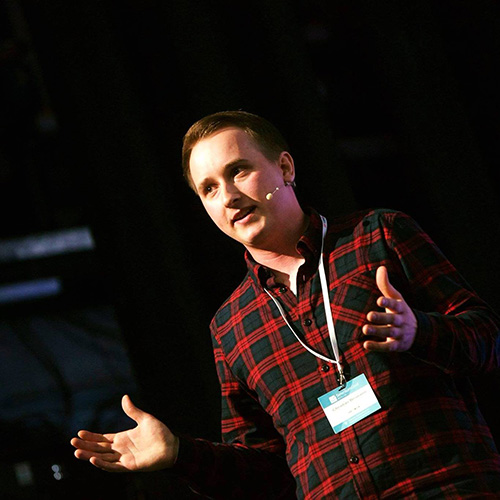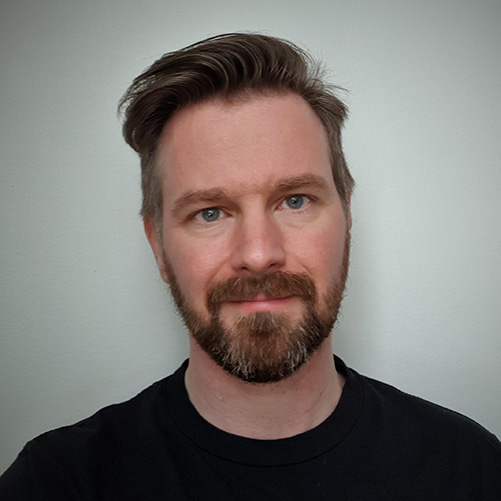Session: 2 for 1: Humans of Open Source/Building Open Organizations
Humans of Open Source – Christian Bromann, Sauce Labs
Every open source project has its own unique story to tell, whether it’s a small personal hobby program or a big corporate-funded project. A project always starts with a single person making a single commit and putting it on GitHub. From there the storyline writes itself and, if done successfully, it will highlight the most important component of open source: the people, friendships, and collaborations.
Putting code on an open platform like GitHub is easy. There is almost no friction when you iterate on your first versions of your new open source project. However once it grows and more people start using it, it often feels overwhelming when they start filing issues and requesting your support. This often leads to maintainers abandoning their projects as they get burned out and users becoming frustrated when they have to transition to a different framework. People often forget that building a community around an open source project is just as difficult and important as the solution that the project provides.
In this talk, Christian Bromann will share his experience of building a community around an open source project. He will provide various tips and tricks that help guide you through the difficulties of acquiring new contributors and will teach you important lessons he learned along the way. At the end of the session you will walk away with actionable ideas that you can apply to your own open source projects.
Building Open Organizations – Jimmy Sjölund, Telia Company
Working openly can lead to unparalleled success—and not just for software projects. Values and ideas derived from open source communities are changing the ways we work, manage, and lead in industries across the globe—and the Open Organization community is exploring just how that’s happening.
In this session, attendees will learn more about the community and its mission to translate open source values and development best practices into techniques any organization can embrace to become more agile, innovative, and accountable.
Members of the open organization community will offer an overview of community-produced resources—definitions, models, articles, and books—and offer several practices your organization can begin implementing immediately as it works to become more open. They’ll also learn how to join the project—and, most importantly, how to contribute to its growing (open) library of materials.


